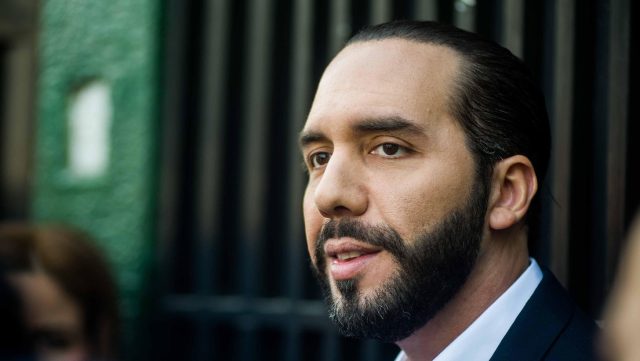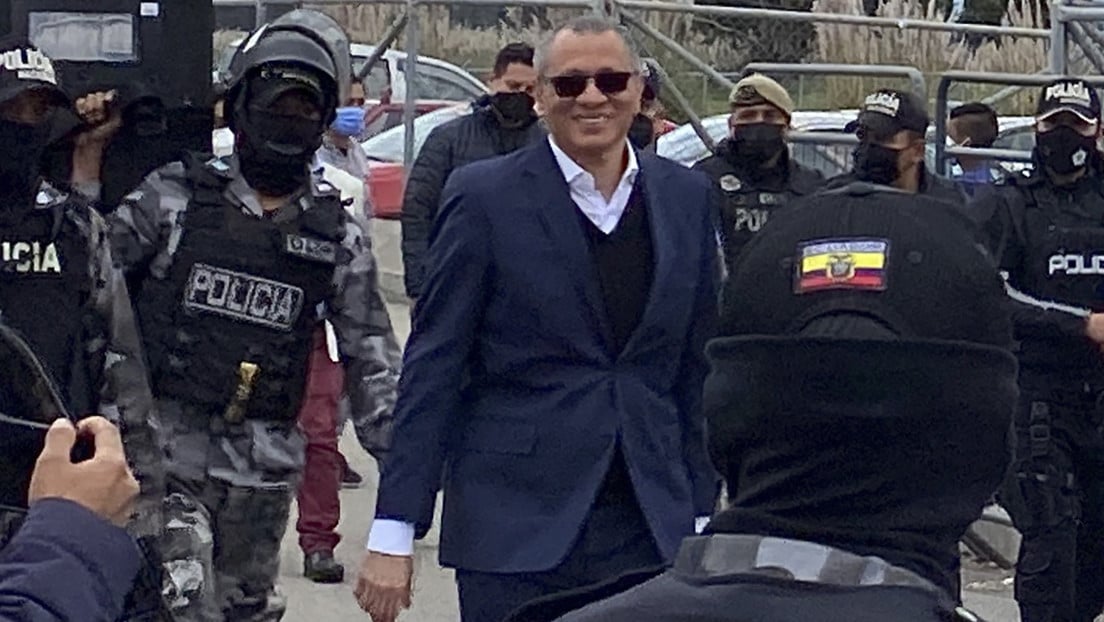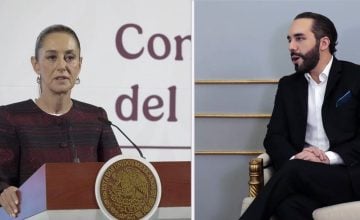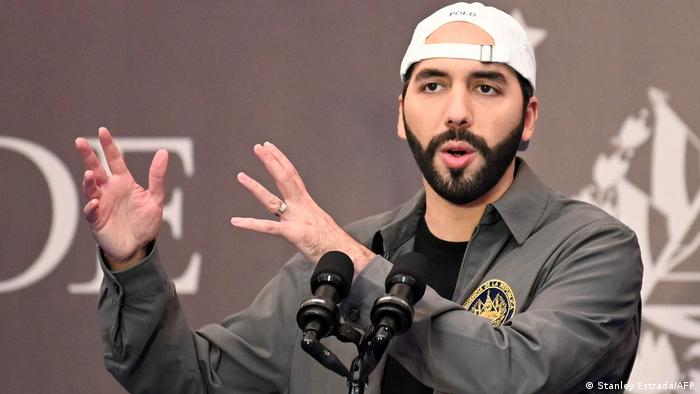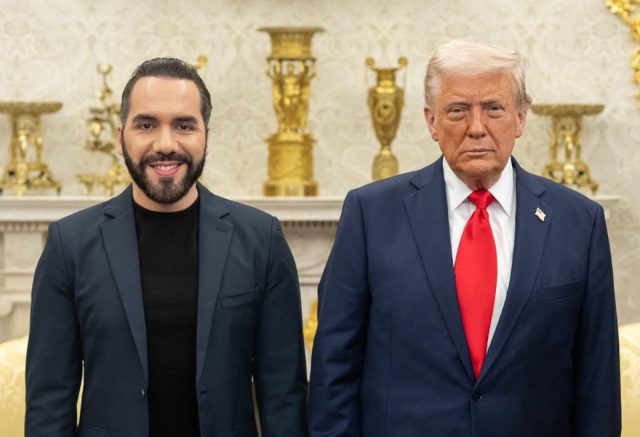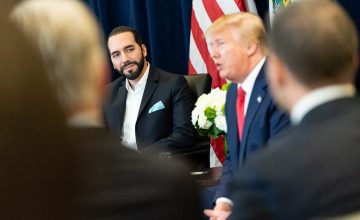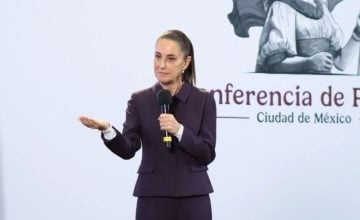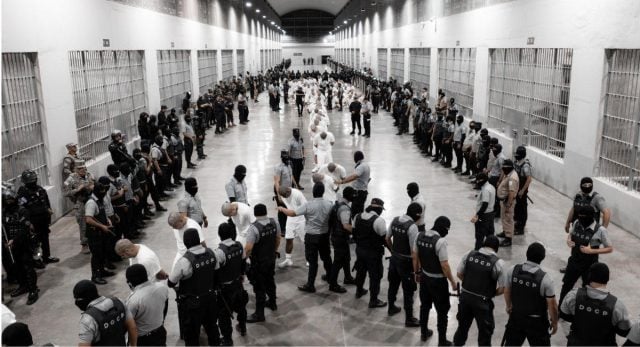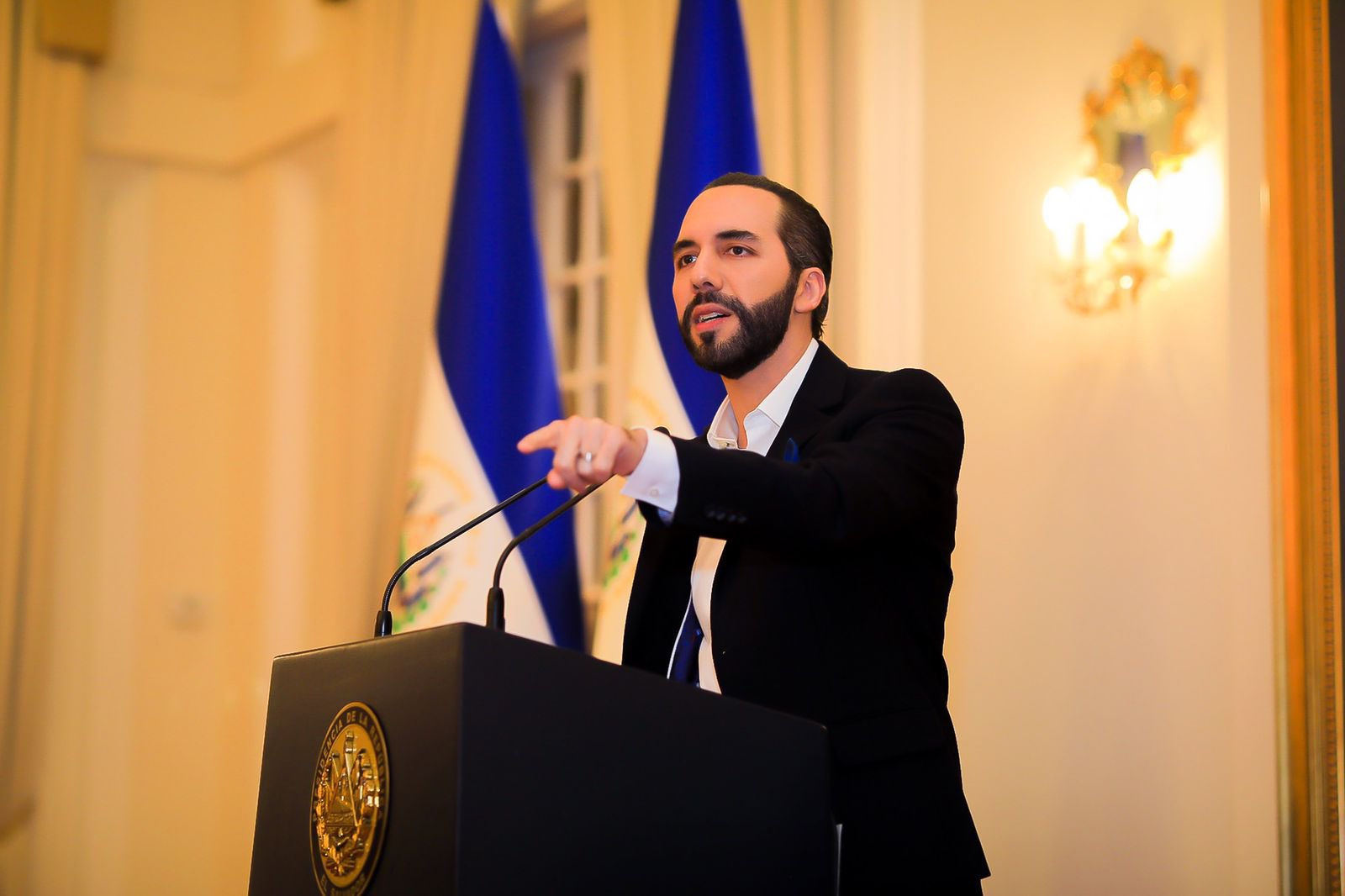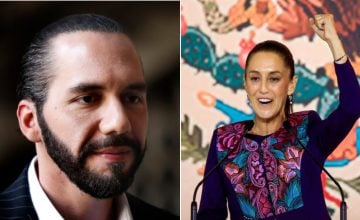The friction between the US and El Salvador is far from finishing. The most recent chapter of mutual antagonism occurred over the weekend, when the US Secretary of State, Antony Blinken, attacked the security policy applied by President Nayib Bukele in the Central American country.
«We condemn the increase in gang violence and homicides in El Salvador», Blinken wrote on twitter, after urging the Nayib Bukele government to «defend due process and protect civil liberties, including the freedoms of the press, peaceful assembly, and expression (freedom of speech)».
As usual, Bukele did not take long to respond in the same way. In a tweet, the Salvadoran president assured that he had a «journalist friend» who would like to have access to the Guantánamo prison to exercise his right to freedom of the press and «check if the detainees have enjoyed their ‘civil liberties’ and a ‘due process’, explains a report by Nazareth Balbás for RT.
Bukele made special reference to Guantánamo, the US prison –located in Cuban territory– that has been denounced for its policy of torture, vile treatment and detention without trial against people accused of “terrorism”.
Washington’s criticism comes as a result of the State of emergency declared at the end of March by the Salvadoran president to deal with violence, after 87 people were murdered in a single weekend, allegedly at the hands of the MS-13 and Barrio 18 gangs.
The measure has resulted in the arrest of 9,000 people accused of belonging to these criminal groups, and complaints from human rights organizations about alleged police excesses in the operations.
Meanwhile, Bukele has focused on showing the positive comments of the population that defends the security policy, as well as the reduction in the number of homicides. However, last weekend he acknowledged that there could be a margin of «error» of 1% in the arrests.
“There will always be a 1% of error that a fair system must correct. But it is clear that the gang members will not go free, as happened before. Today they will face the law», he wrote on Saturday, in an apparent response to the criticism he has faced over this measure. According to his data, the erroneous procedures would have harmed about 85 people.
Along these lines, he added: «The percentage of errors in captures has always been much greater than 1% in our country. In fact, the innocent were always captured and the guilty were never touched. Now, that has changed. But in such a large operation, there will always be mistakes to correct».
Will Bukele allow extradition?
The reasons behind the pressure from the US also have to do with the detainees, since many gang members are requested by the US Justice. However, the ‘pain in the neck’ could be the recent judicial reform approved in the Legislative Assembly of bukelism.
On Sunday, Blinken stressed – through a statement -that his government «is concerned about the violence in El Salvador and the approval and implementation of the amendment to the Penal Code of April 5 by the Legislative Assembly». According to the vision of the US secretary, the law promotes censorship in the media and hinders the role of the press to report «on corruption and other matters of public interest».
But for the local media, the US problem is not only limited to the issue of freedom of the press, but has to do with the fact that in the amendment to the Penal Code, the Government did not include reforms related to the process of extradition of gang members.
In Blinken’s text, the US secretary insisted that «now more than ever» it is essential that El Salvador extradite «gang leaders so that they face justice in the United States, «but not without first recalling that, since 2008, Washington has allocated 411 million dollars «to help the Salvadoran government combat the violence» generated by these armed groups.
What the statement does not say is that, since last year, the Joe Biden government decided to cut direct funding to the institutions of the Bukele administration so as to allocate it to civil society organizations, in retaliation for the controversial dismissal of five magistrates. and the then attorney general, Raúl Melara.
That dismissal, which was carried out by the bukelismo parliamentary majority, gave way to the appointment of Rodolfo Delgado as attorney general, who earlier this year asked the Supreme Court of Justice of his country to review the extradition treaty that El Salvador has. with the US.
